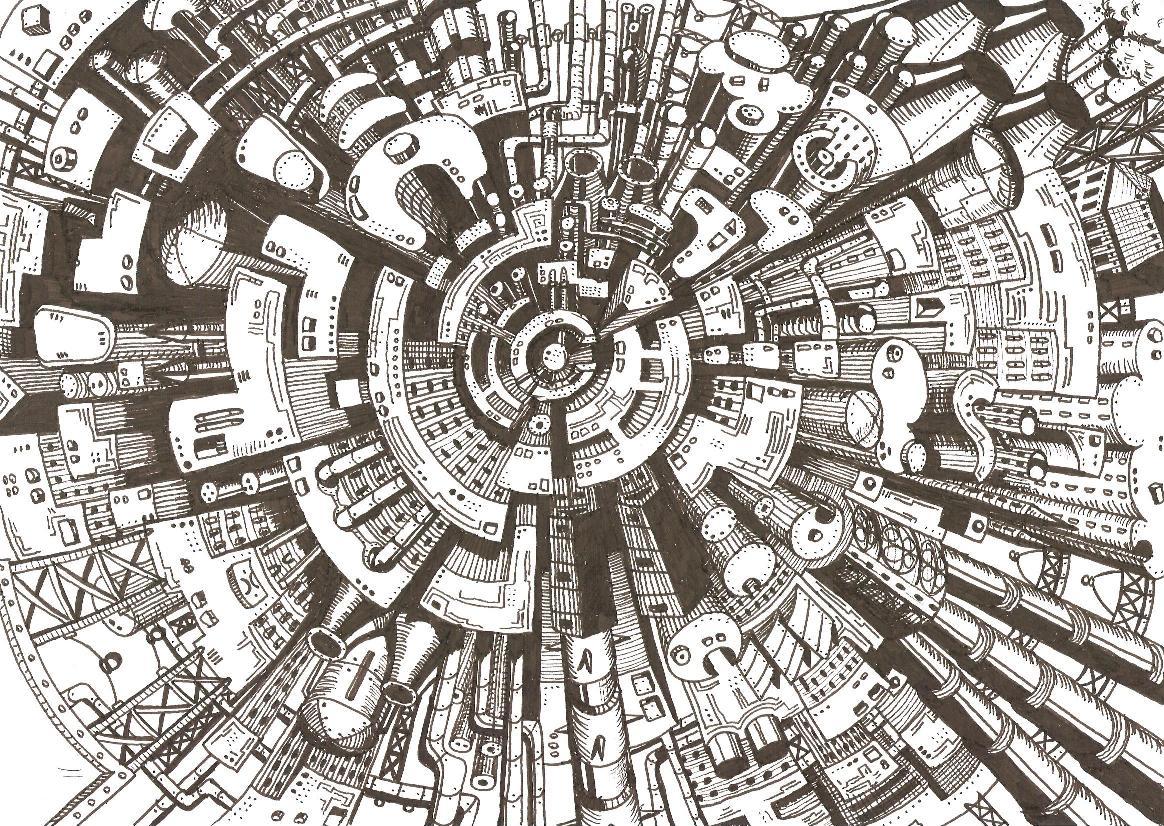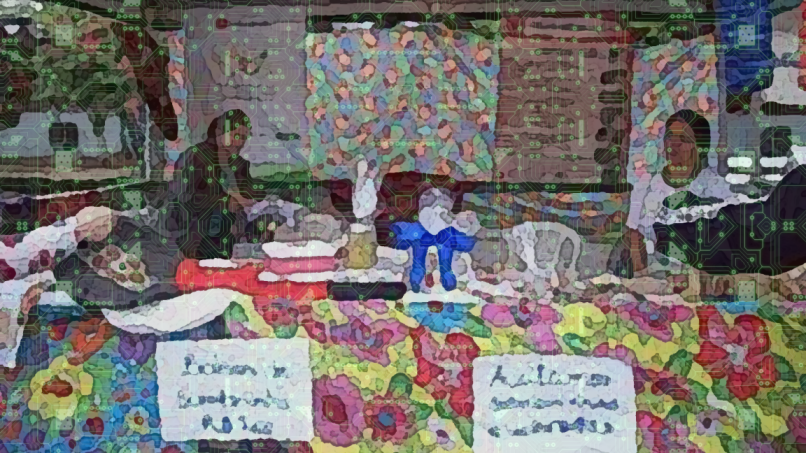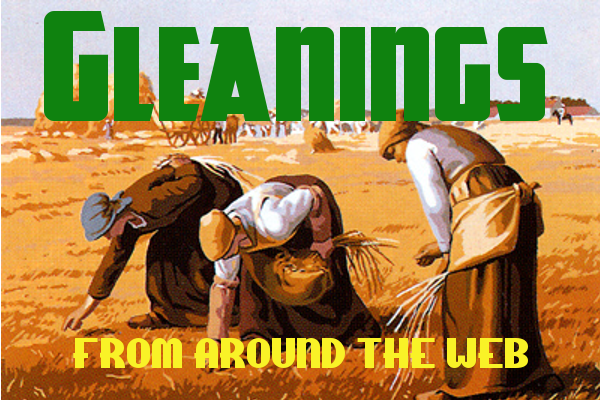
This week, cooperative historian John Curl writes about the long history of workers utilizing cooperatives as a tool for escaping the dystopia of exploitative capitalist economies, and shares some contemporary examples of projects that are continuing that quest today.
Then, Brazilian solidarity economy theorist and practitioner Euclides Mance writes about his decades of involvement in SE projects, including the creation of the Solidarius Interchange System and the Solidarius.net platform.
Dystopia Nepal Express
by John Curl
Coops based on virtual technology will surely be an important sector of the cooperatives of tomorrow, but they cannot begin to address the needs of the vast majority of humanity being displaced, who need flesh-and-blood coops, producing real goods and services that real communities need to sustain life and a prosperous future.
Liberation Economist - Part 1
by Euclides André Mance
In México, I collaborated with José Luis Gutiérrez on a system for local solidarity interchanges using smart cards, which we first tested at a 2004 meeting in Aguas Calientes. Interruptions in the production of the cards obliged us to change all the cards and devices already in use, so I decided to take a different approach, creating an online system that could be used with any device capable of opening a dynamic web page.
Nonprofit to Close Mobile Home Community to Build a Park
Shelterforce — In addition to fighting for fair and just compensation for residents who don’t mind leaving, the resident group is adamantly pursuing a particular alternative: a smaller, modernized, resident-owned community with 21st-century amenities like electric charging stations and RV hookups. “There’s no reason why we can’t be seen as innovators,” says Beard, a United Residents of Euclid Beach leader. “We can do everything together if we’re just given a chance. All they have to do is say yes.”...
Intro to Commitment Pools
Will Ruddic: Grassroots Economist — This system can continue on and on. It is based on the ancient practice of rotational labor associations and predates any form of money as a recourse coordination system. Instead of seeding the pool with money, a group would seed it with their own commitments and value them based on time and effort. A member could offer their commitments for service in exchange for their neighbor’s commitments to helping them with farming or repairing their house...
Cooperative Realities Explained: A Complete Breakdown
Critical Mass (YouTube) — In this episode, we find out just how complicated and varied cooperatives can be, while also introducing someone new to the project. Learn more about worker-owned cooperatives, consumer cooperatives, producer cooperatives and multi-stakeholder cooperatives....
Cooperatives Build a Better Future for All Theme for 2024 International Day of Cooperatives
ICA — This year on July 6, cooperatives around the world will celebrate the International Day of Cooperatives with the theme "Cooperatives Build a Better Future for All." Cooperatives will have the opportunity to showcase their current and historical contributions to building a sustainable future, accelerating efforts to implement the Sustainable Development Goals (SDG) by 2030...
Like what you find on GEO?
Make a Donation Today!
Your tax-deductible contribution ensures that GEO can continue to provide independent grassroots content about the cooperative and solidarity economy movements.
Got something to say?
Let us know. Send your comments, suggestions, rants and article submissions to editors@geo.coop.
Follow us on Social Media
Mastodon: social.coop/@GEO_Collective
FB: facebook.com/GrassrootsEconomicOrganizing/
Twitter: twitter.com/@GEO_Collective
Our mailing address is:
Grassroots Economic Organizing
P.O. Box 115
Riverdale MD 20738-0115



